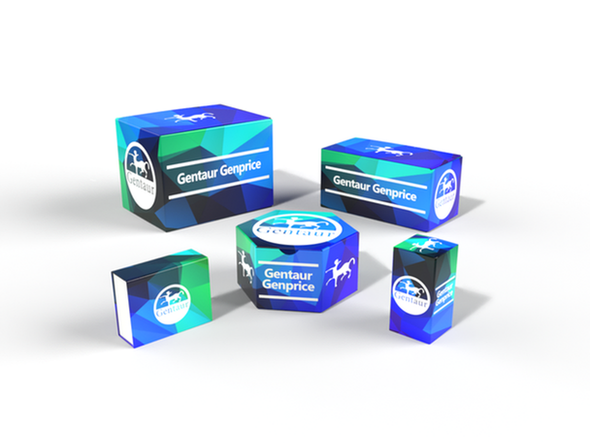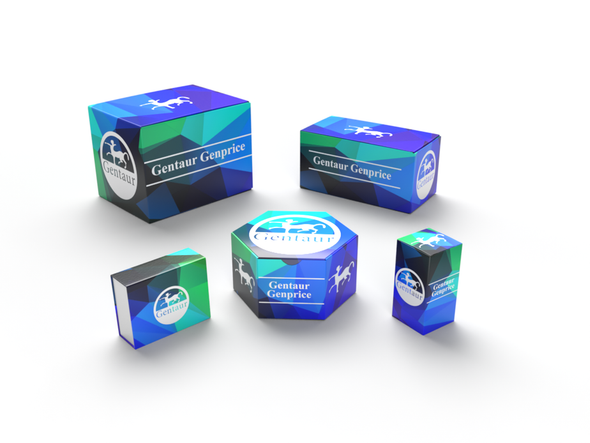Description
ACTG1 Antibody | 18-745 | Gentaur UK, US & Europe Distribution
Host: Rabbit
Reactivity: Human, Mouse
Homology: N/A
Immunogen: A synthetic peptide of human ACTG1
Research Area: Cell Cycle, Signal Transduction
Tested Application: WB, IF, Flow
Application: WB: 1:200 - 1:1000
IF: 1:20 - 1:50
Flow: 1:20 - 1:50
Specificiy: N/A
Positive Control 1: HeLa
Positive Control 2: A-549
Positive Control 3: Mouse kidney
Positive Control 4: Mouse lung
Positive Control 5: N/A
Positive Control 6: N/A
Molecular Weight: Observed: 50kDa
Validation: N/A
Isoform: N/A
Purification: Affinity purification
Clonality: Polyclonal
Clone: N/A
Isotype: IgG
Conjugate: Unconjugated
Physical State: Liquid
Buffer: PBS with 0.02% sodium azide, pH7.3.
Concentration: N/A
Storage Condition: Store at 4˚C. Avoid freeze / thaw cycles.
Alternate Name: Actin, cytoplasmic 2, Gamma-actin, Actin, cytoplasmic 2, N-terminally processed, ACTG1, ACTG
User Note: Optimal dilutions for each application to be determined by the researcher.
BACKGROUND: Actins are highly conserved proteins that are involved in various types of cell motility, and maintenance of the cytoskeleton. In vertebrates, three main groups of actin isoforms, alpha, beta and gamma have been identified. The alpha actins are found in muscle tissues and are a major constituent of the contractile apparatus. The beta and gamma actins co-exist in most cell types as components of the cytoskeleton, and as mediators of internal cell motility. Actin, gamma 1, encoded by this gene, is a cytoplasmic actin found in non-muscle cells. Mutations in this gene are associated with DFNA20/26, a subtype of autosomal dominant non-syndromic sensorineural progressive hearing loss. Alternative splicing results in multiple transcript variants.

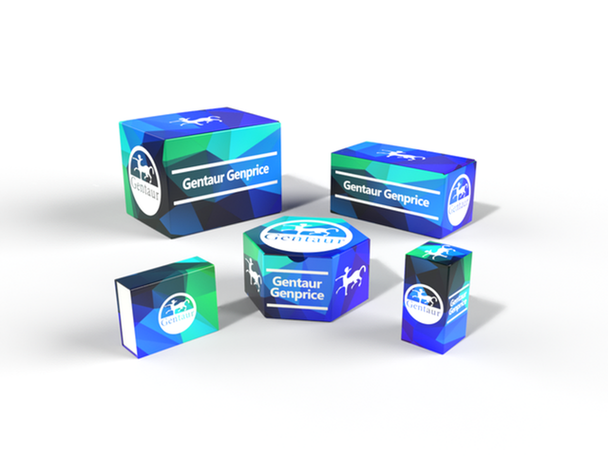
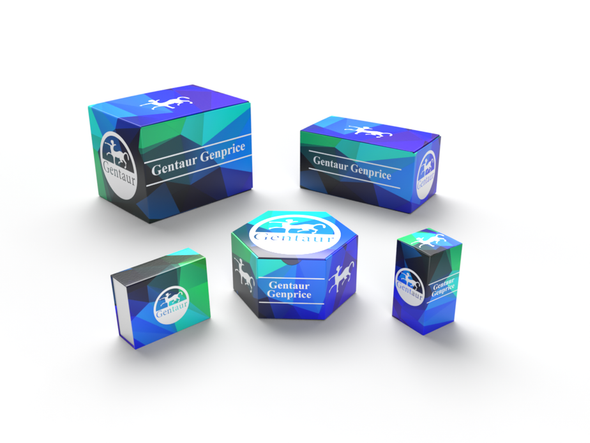
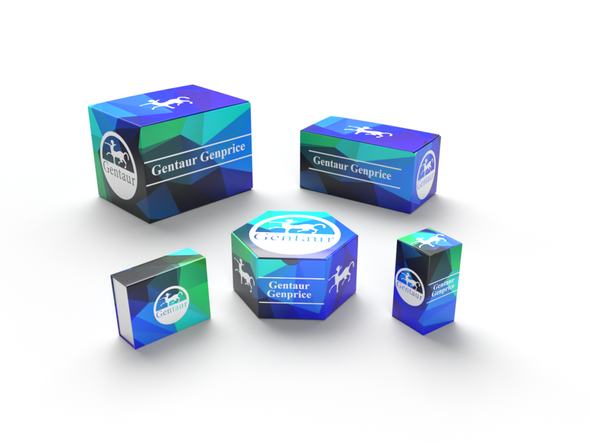
![ACTG1 Antibody (Center) [AMM05544G] ACTG1 Antibody (Center) [AMM05544G]](https://cdn11.bigcommerce.com/s-1rdwiq712m/images/stencil/590x590/products/58588/58892/gentaur-genprice__26005.1661610467__29809.1661628092__75433.1661676199__77988.1661684280__64362.1661692443__76874.1661855046.png?c=1)
